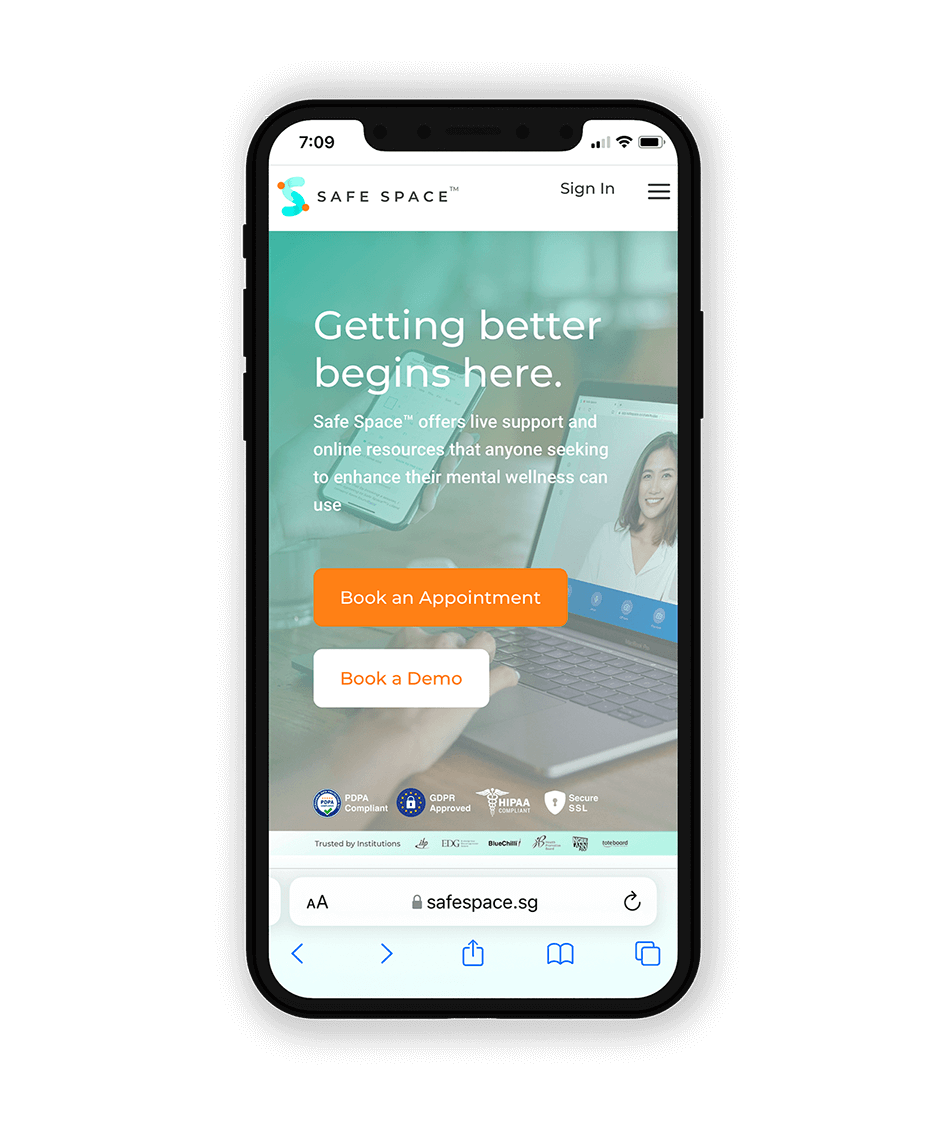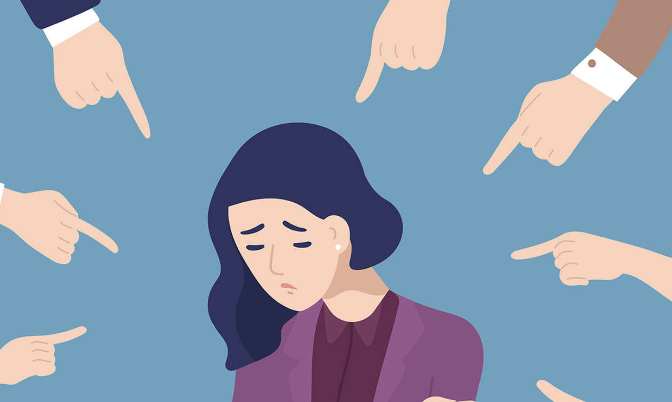“It’s important for parents or caregivers who are going through these issues themselves get help too,” said Dr Corey Keyes at Johns Hopkins Bloomberg School of Public Health in Baltimore, Maryland. “If you are having trauma or PTSD symptoms, your children may benefit from some of the same strategies.”
The trauma experienced by children is primarily a result of the trauma they have been exposed to in their home life. They see violence, neglect, and emotional abuse daily.
Unfortunately, as adults, we can’t shield our kids from trauma or trauma triggers. We can only do the best we can with what we know and provide them with the support they need to cope with trauma when it happens. In this webinar, you can go over some steps you should take to talk to your kids about trauma so that they feel safe and loved while working through their experiences.
Although talking about trauma can often be difficult, it is essential to communicate with children about trauma because we know and provide them with the support they need to cope with trauma when it happens.
WEBINAR: Safely Exploring Trauma With Your Kids
For your in-depth exploration of trauma conversations, watch this Safe Space™ Webinar featuring Dr. Aditi Chatterjee.
With over seven years of experience, the impeccable Aditi has passionately worked with indigent children with a history of continued trauma and adolescents, women, and children from distressed families. Her experience as a teacher and counsellor in various schools allowed her to work with children impacted by adverse childhood experiences (ACEs). She also has experience working at a rehabilitation centre, counselling adolescents dealing with substance abuse or childhood abuse (physical, sexual, psychological).



